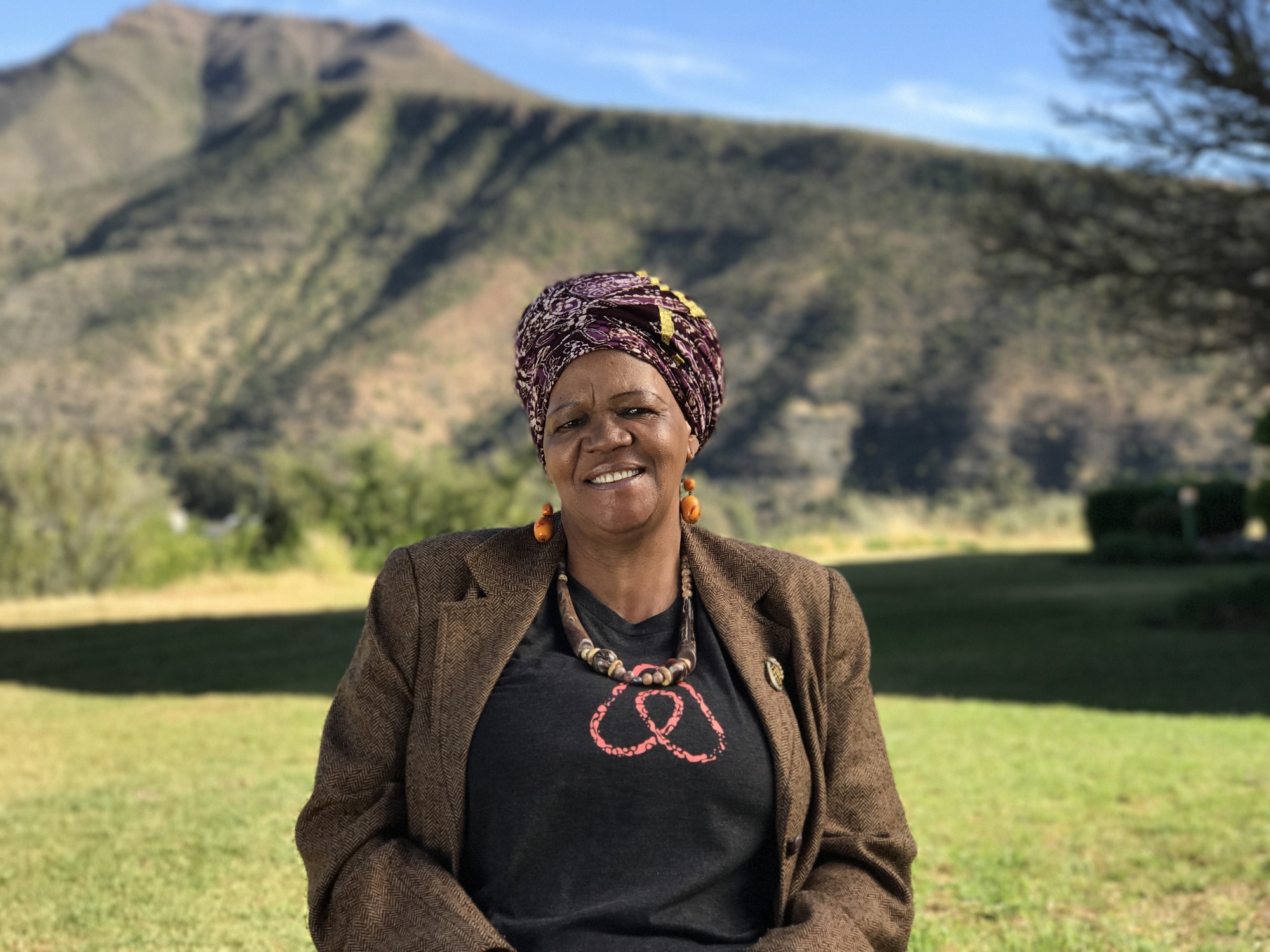Building a more inclusive tourism sector in South Africa

Airbnb has always been committed to building a more inclusive tourism sector across the world and no more so than in emerging markets like South Africa. Inclusive tourism doesn’t just mean enabling guests to stay in unique and diverse listings or experiencing more authentic ways to travel. It also means enabling and empowering all communities, including those that may have not previously benefited from tourism. Now more people than ever can use platforms like Airbnb to access tourism sector activities, to earn additional income and to show off the best of their community to guests from around the world.
Our collaboration with hosts from diverse backgrounds and various stakeholders is well underway in South Africa after the launch of a pilot technology and hospitality information programme that supported 15 homestay hosts predominantly from townships in the Western Cape. The programme focused on fostering entrepreneurship, technology and hospitality skills. The pilot was run in collaboration with Open Africa, the South African College for Tourism and the Cape Innovation and Technology Initiative (CiTi) and was the first of its kind by Airbnb in South Africa to support communities to better their future through tourism.
The programme was broken out into 10 modules and focused on everything from exploring how mobile and technology enable home sharing to managing online payments to creating a compelling guest experience. Participant feedback is helping shape the future of the programme to focus on the most important learnings. The goal is to scale key modules to interested communities with this input.
This pilot has also been a great learning experience for the Airbnb team. Shortly after the participants left the two-week programme, they formed their own community group, where they’re taking it upon themselves to talk to politicians about the importance and benefits of home sharing, sharing hosting best practices and setting up community-led initiatives that will help to improve their local neighbourhood.
Maria, a programme participant and Airbnb host from Khayelitsha notes how this background can help her future and the future of her family:
“Before the sessions, I didn’t know many of the other women who are now hosts with listings on Airbnb. We talked together, we saw that together this can work. We had one language: tourism. We were all interested, open minded and loving. It’s not always easy to make friendships with people you don’t know but suddenly we realised that we all had the same vision.
We’ve now formed our own community. We hold meetings once a week and decided to start a fund so we can travel to other group members if they need help. Our group is about helping each other and finding ways to motivate other women from different communities.”
Francois Viljoen, CEO of our lead partner, Open Africa, witnessed firsthand how this programme will change the lives of those involved:
“Seeing the group of hosts grow collectively and come together to support each other has been one of the most rewarding outcomes of the programme. We didn’t anticipate that we would be able to establish such a strong peer support group. Even though the programme has concluded, they have organised events and support each other with advice and motivation on a daily basis.
Building a strong host community was not an intended outcome of the programme, but is now seen as a crucial part of building a support structure where hosts are comfortable asking for advice, guidance or simply motivation.”
Ian Merrington, CEO of our partner, CiTi saw the synergies with our pilot programme and their work:
“In all of CiTi’s programmes we focus on how technology and the tech sector can be more inclusive, and our TravelTech cluster is no exception. Airbnb’s programme to inform homestay owners helping them find the tools and confidence to participate in the digital economy fits with our transformative mandate by ensuring that South Africans will not be left behind in a sector that is being disrupted very quickly. Importantly, it will result in tourists having a more authentic, nuanced experience of South Africa.”